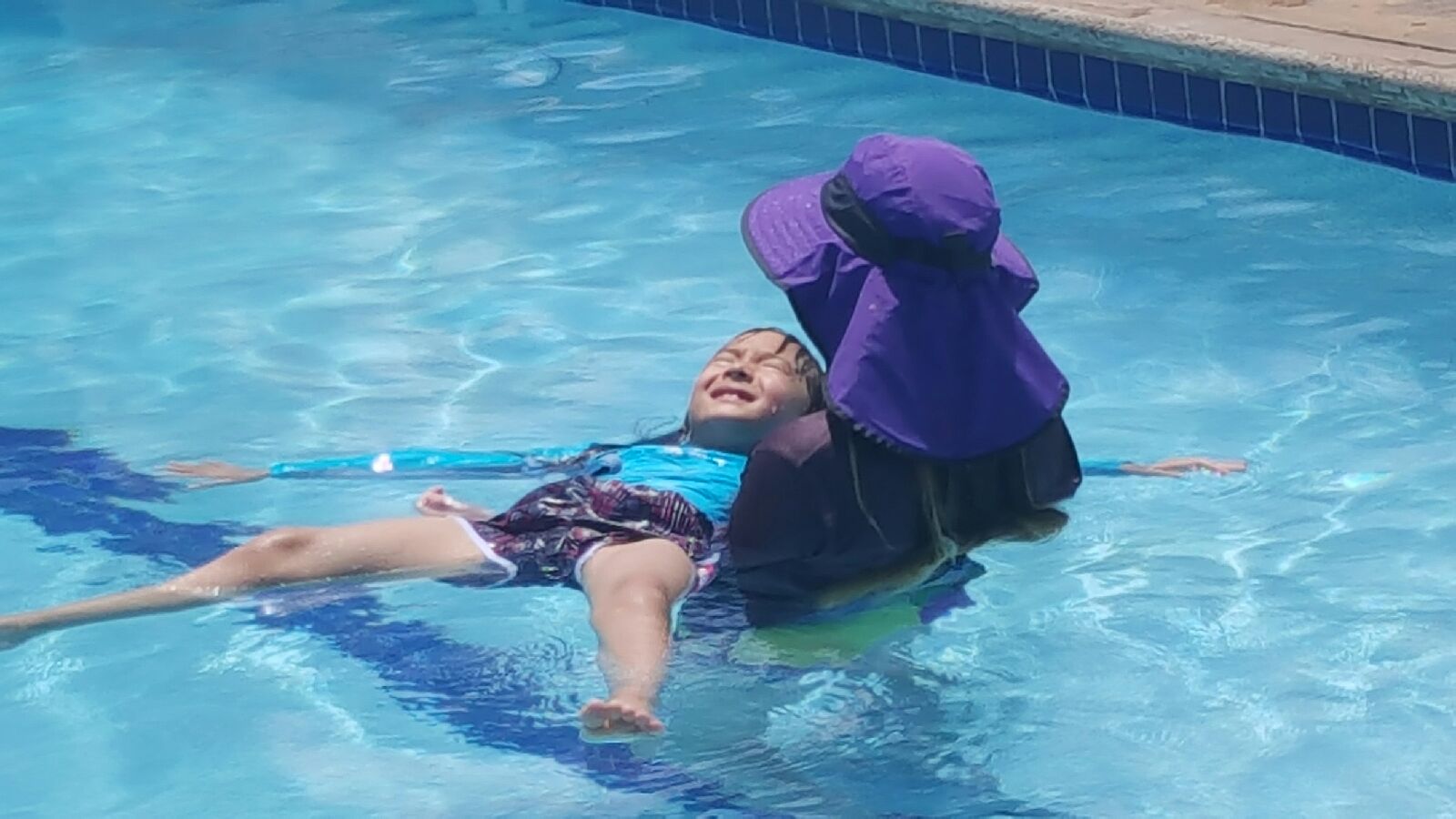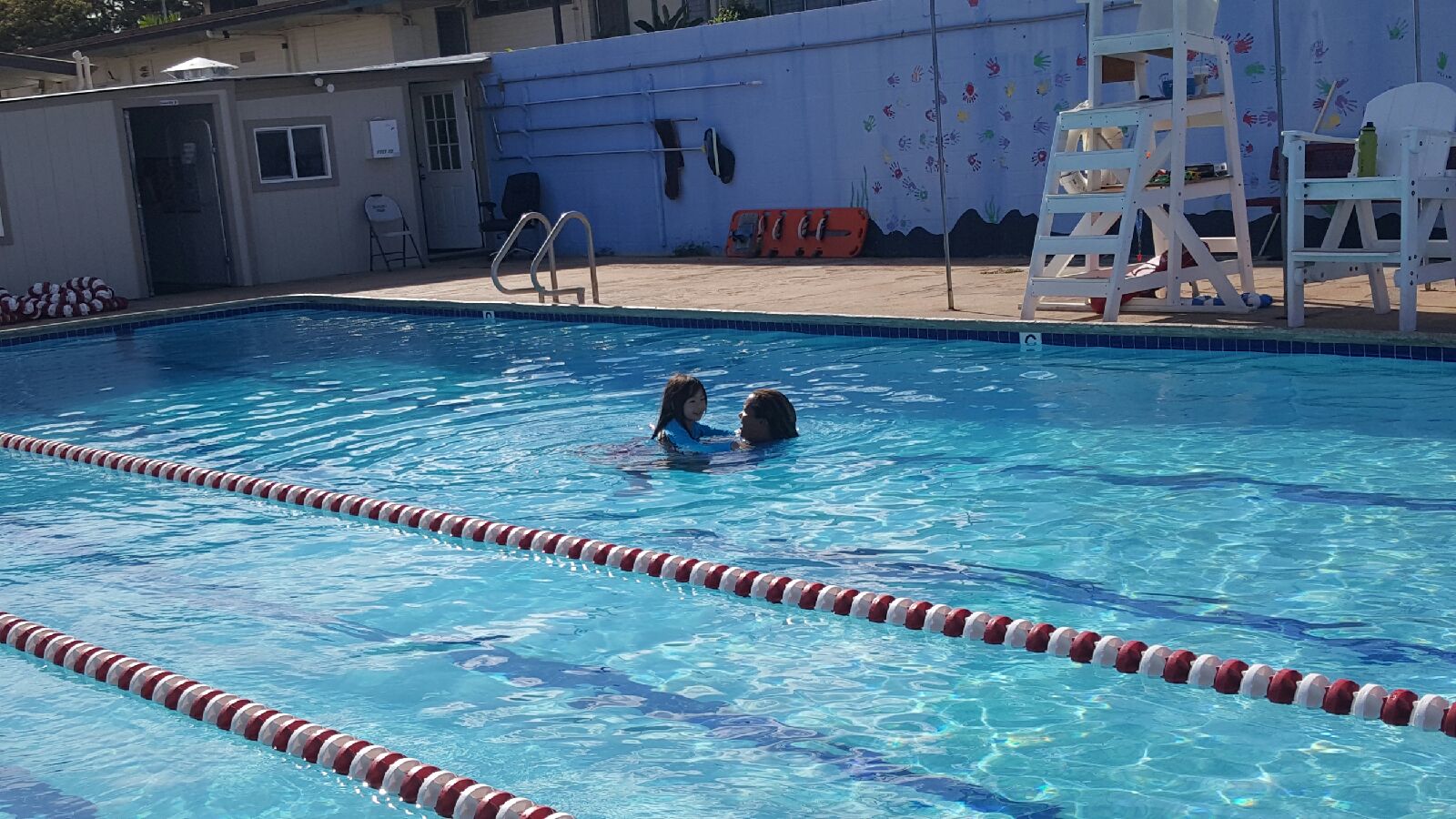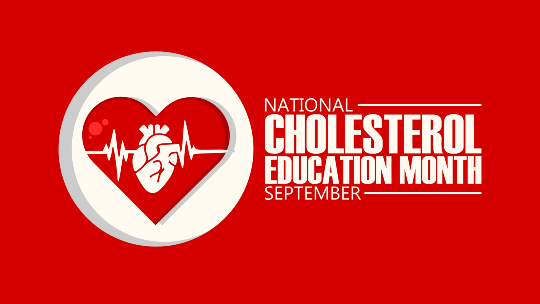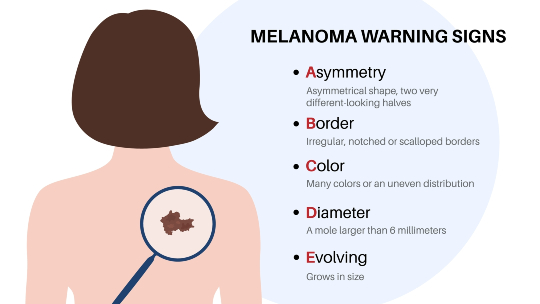As a mom, I always worry about my children’s safety in the water. Since I’m not a strong swimmer myself, I signed my kids up for lessons. According to Kaimuki’s YMCA class brochure, my daughter is “TOW” or terrified of water. My younger son is the complete opposite - fearless and impulsive. Both can be dangerous living on an island.

So, while my seven-year-old daughter screams and runs away from the water at the beach, I have a firm grip on my two-year-old son who is running right in the water without a care in the world. Neither has the skill to be safe in the water, so a trip to the beach is not as much fun as you’d think. I want them to learn how to safely swim and enjoy all the water that surrounds Hawaii.
Keep your expectations in check
In one study, parents were questioned once their two to four-year-old children took swimming lessons. Swim-school parents vs. others were more inclined to believe that:
- Swimming is best taught before two.
- Lessons were the best way to prevent drowning.
- Toddlers could learn to save themselves when they fell into water.
- It’s better to develop swimming skills than to rely on supervision.
The author concluded that parents are too optimistic about lessons, and need to remember how important constant adult supervision is for toddlers around pools and other bodies of water.
Good to know that a parent’s perception of swim lessons is best to be kept in check. You want your kids to be safe and enjoy the water, but that doesn’t mean you’re “off the hook” and get to watch them less.
According to American Family Physician, swimming and water safety lessons along with proper pool fencing are at the top of the evidence list as the correct ways to prevent drowning in children from two-to-four-years of age.

Taking swim lessons at your local YMCA
I visited the Kaimuki-Kahala YMCA to see what they offer. My daughter was given a swim test and labeled a “polliwog” ready to start beginner lessons. My son was wait-listed for the mommy and me class for those under 36 months.
I’m fairly certain I should have signed up my daughter at an earlier age. I feel as though perhaps she’d have less anxiety if she was more comfortable in the water. I’ve noticed that the girls that are a year or two younger in her group seem less anxious. She loves the class and tells me she’s “doing great” but the jerkier movements and hesitation when she jumps in or swims without assistance are signs that she needs more lessons before gaining confidence in the water. One lucky thing about a child so fearful and calculating, she’ll probably be very safe around water only doing what she’s comfortable with.
The beginner classes use floatation belts and dumbbells to keep the kids afloat till they’re more comfortable and gain more skill. The kids are able to learn technique without worrying about keeping their heads above water with these devices.
The instructors also incorporate toys in classes, so the kids are having fun and forgetting about their fears, like diving for rings at the bottom of the shallow end of the pool.
Kids learn how to blow bubbles in the water, and how to doggie paddle before being introduced to the freestyle stroke. The students have lots of supervision, with instructors and teen volunteers.
So when are kids ready to take lessons?
The better question might be, when are they not ready? It all depends if your child has an early interest in learning to swim or a profound fear of water like my daughter — it really does depend on the child. The YMCA offers a parent and toddler class for kids 6 to 35 months, perfect for babies who love the water and enjoy splashing around in the bath. If your child is hesitant at that age or shows no interest, you can also just ask the YMCA to do a swim test like my daughter did. It was a good opportunity to know she was ready for lessons.
The YMCA also has classes like SPLASH (Swim, Play and Learn Aquatic Safety Habits), a free water safety and basic swim skill program. Kids are taught water safety, swimming skills, rescue skills, and character development. Corporate donations help support the program and swim suits, goggles and rash guards are provided for kids in need. The YMCA also offers financial assistance for their swim lessons on an availability basis for those who cannot afford them.





